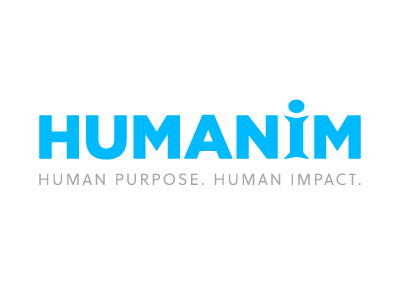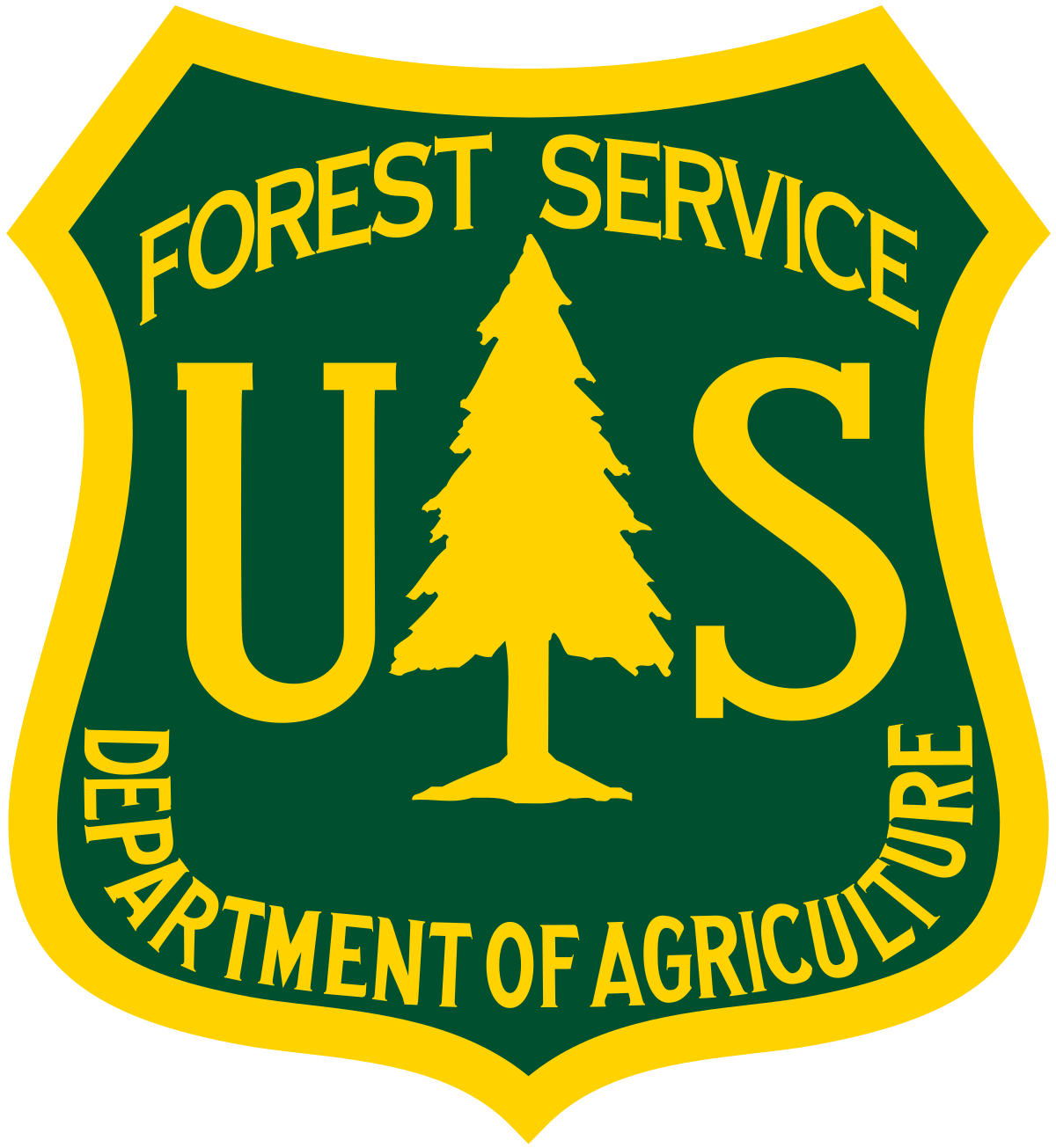Climate Finance
Urban Wood Public Private Partnership
Location: Baltimore, MD
Status: Complete
Quantified Ventures assessed the feasibility of using outcomes-based financing to scale an urban wood economy as an environmentally sustainable workforce development program for un- and under-employed individuals in Baltimore. This economy would focus on reclaimed wood from the deconstruction of vacant houses and from freshly cut trees in Baltimore. The jobs component would be implemented through Humanim, a Baltimore-based non-profit that provides wraparound services and development opportunities for at-risk individuals (e.g., formerly incarcerated). Quantified Ventures, Humanim, and the US Forest Service are now working together to offer the model used in Baltimore to scale in other cities with similar situations.
Problem
Each year, Baltimore wastes over 78,000 tons of urban wood. With nearly 17,000 abandoned buildings in Baltimore and about 10,000 formerly incarcerated citizens returning to Baltimore every year, there is a significant opportunity to address both challenges. Humanim, a Baltimore-based non-profit that has been deeply-embedded in the community for over 40 years, wanted to scale its burgeoning social enterprises. These include Details Deconstruction and Brick and Board, which employs those who have struggled with substance use disorders, are formerly incarcerated, or both, to do deconstruction work on blighted homes and run an urban wood collection and processing center.
Approach
Quantified Ventures crafted a feasibility report that helped quantify the full value of Humanim’s services, including deconstruction and beyond, which Humanim then took to its payors to change the conversation around compensation. The Baltimore Urban Wood economy theory of change is Waste to Wealth to Jobs in 8 Steps: employ and provide opportunity to vulnerable populations; salvage wood from urban tree care and deconstruction; divert wood from landfills; collect wood at urban mill and processing center; sort, process, and produce products; and sell products to partners and customers. Quantified Ventures’ report explored the monetary, social, environmental, and intangible costs and benefits of scaling this venture.
Impact
Based on our financial modeling, the state and local governments decided to increase the volume of houses to be deconstructed, meeting the state goals of blight removal and job creation. This allowed Humanim to increase the scale of the program, resulting in reduced criminal activity, increased city revenues, and reduced state spending on unemployment benefits. Most significantly, the individuals employed by Humanim saw dramatically-reduced recidivism rates: 97.5% have not reoffended.


